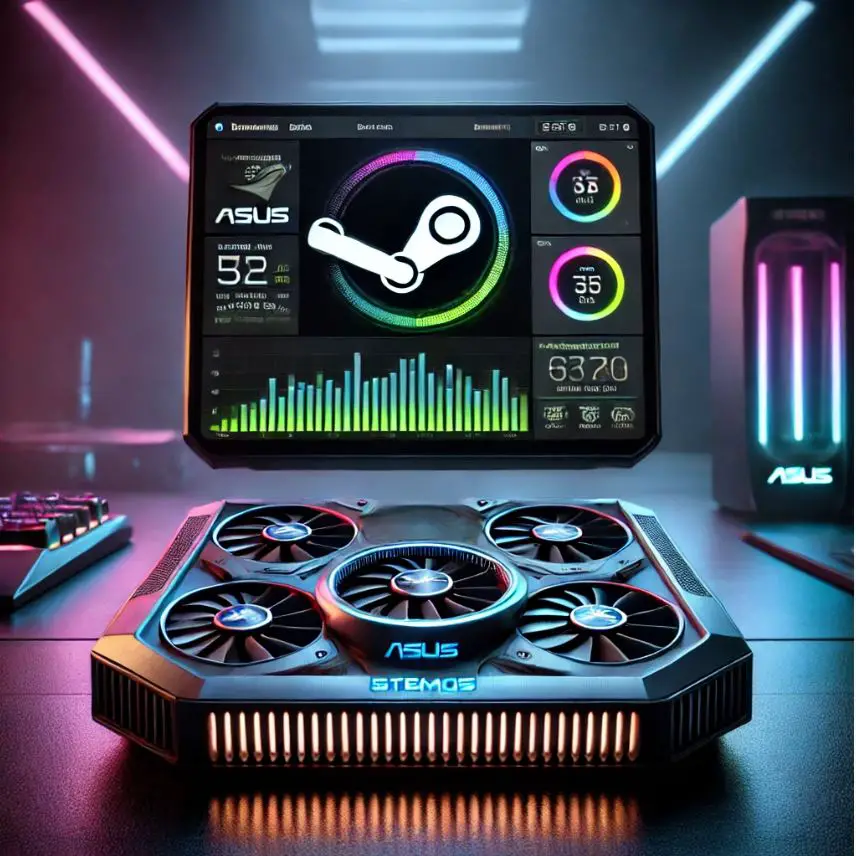
Valve’s SteamOS has been put through rigorous benchmarking tests on the Asus ROG Ally, providing early insights into its performance as the beta general release draws closer. The results indicate promising improvements in frame rates, power efficiency, and overall system optimization, potentially positioning SteamOS as a serious alternative to Windows for handheld gaming.
Performance Gains and Optimization
The Asus ROG Ally, powered by AMD’s Ryzen Z1 series chips, is already a capable handheld gaming PC. However, early tests suggest that SteamOS optimizes the device further, offering smoother gameplay in various titles. Benchmarks indicate frame rate improvements of up to 20% in select games compared to previous SteamOS builds, thanks to enhanced kernel-level optimizations and Vulkan API support.
One of the standout improvements is the reduction in system overhead. Unlike Windows, which runs multiple background processes, SteamOS is designed purely for gaming, allocating more system resources directly to performance. This results in fewer stutters, better frame pacing, and improved load times in popular high-end games and indie games.
Battery Life and Efficiency
Battery life has always been a challenge for portable gaming devices, but SteamOS appears to offer noticeable gains in power efficiency. Benchmark tests indicate that SteamOS consumes less power compared to Windows, potentially extending battery life by 10–15% in specific gaming scenarios. The more efficient power management system means longer uninterrupted gaming sessions, a crucial factor for handheld devices.
Game Compatibility and Software Support
SteamOS’s Proton compatibility layer has made significant strides, enabling thousands of Windows-based Steam games to run seamlessly on Linux. Tests on the ROG Ally show that many top-tier games, including demanding titles like Cyberpunk 2077 and Elden Ring, run at comparable performance levels to Windows. Some games still require additional tweaks for full compatibility, but Valve continues refining Proton to bridge these gaps.
Additionally, the system’s interface has been optimized for handheld gaming, providing a streamlined experience similar to the Steam Deck. Gamers can expect an intuitive UI, quick access to their library, and enhanced customization options.
What’s Next?
As the beta general release of SteamOS approaches, Valve is working closely with testers to fine-tune the software for broader compatibility and improved stability. The company aims to create a seamless experience that maximizes the potential of gaming handhelds like the ROG Ally.
With promising benchmarks highlighting better frame rates, lower power consumption, and improved game support, SteamOS could become a strong alternative OS for handheld gamers looking for a dedicated gaming-focused experience. The beta release will be a crucial step in determining how well it performs in real-world usage, with the gaming community eagerly awaiting its arrival.



